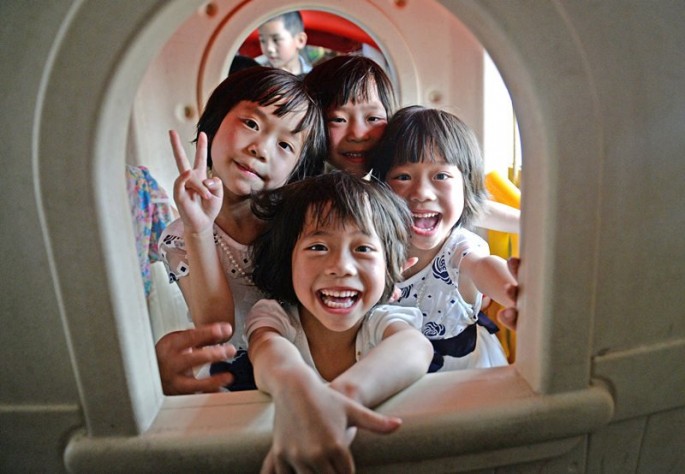Chinese authorities have turned to the latest in iris recognition technology to deal with the menace of child trafficking.
The city of Wuhan in Hubei Province, in cooperation with iris recognition technology provider EyeSmart, has recently announced a pilot project to set up around 100 iris data collection sites in various parts of the city where parents can have their children's iris biometric data, China Daily reported.
According to EyeSmart Wang Xiaopeng, in case a registered child went mission and is found, he can be easily identified by retrieving his iris scan stored in the database. Wang added that the speed of the iris recognition process will help make the registration and identification of lost children and can also lower the cost of the whole work.
He added that new technologies now allow iris scans to be conducted without needed the person to be scanned to stand very close to the machine. He also said that the scans themselves can be done within a second and even from a distance.
The iris is the thin circular structure surrounding the pupil of the eye. Its shape and the pattern found on its surface is unique to an individual and is considered by researchers to be the single most distinct external biometric feature for each person. This allows it to be used for identification purposes much like a fingerprint.
EyeSmart has already conducted a pilot scan of around 1000 children for the program, Wang said.
Meanwhile, a food company in the city of Qingdao in Shandong Province is using a more low-tech approach to help parents find their missing children. The unnamed company prints information about missing children on the bottled water that it sells to the public, the Indian Express reported.
The company has reportedly already released more than 500,000 bottles under its "baby, come home" project. Each bottle contains a photo of the missing child, aside from personal information and the parents' contact details. It has also partnered with the website Baobeihuijia.com to catalog information about missing children.



























